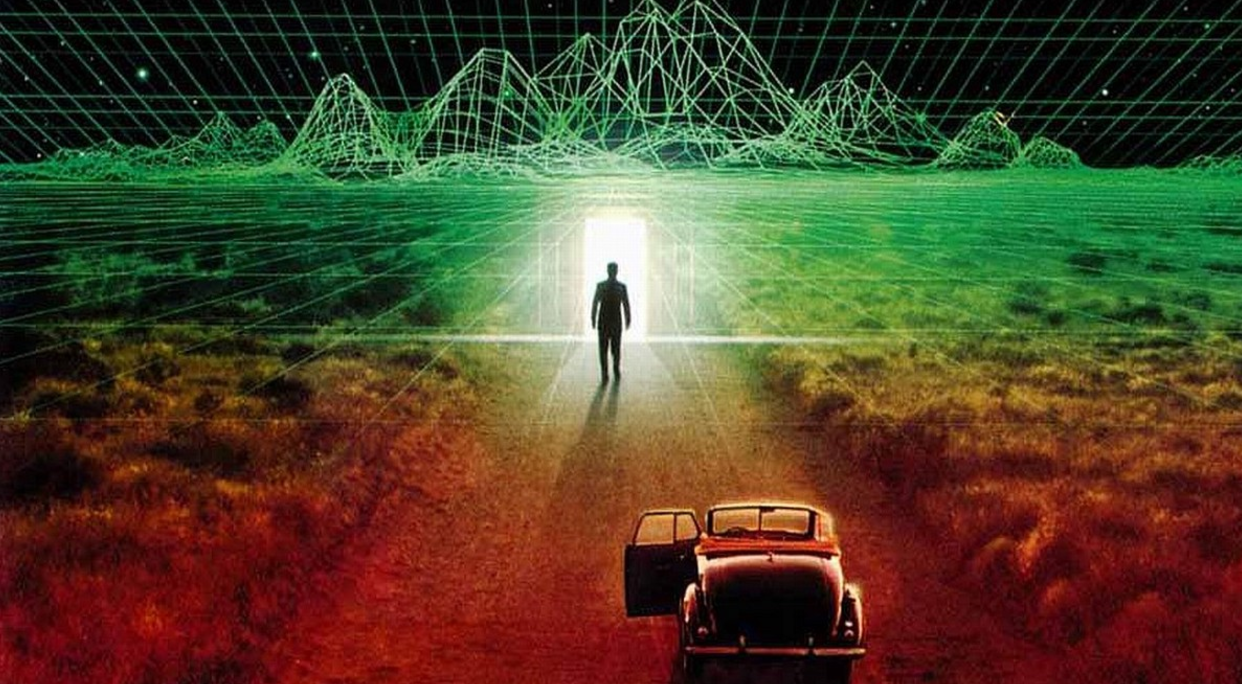
Predicting the future seems like an impossible task, but there is a trick to it. It’s less about guessing what’s next, and more about piecing together what’s already here. A veritable mash up of tools, behaviour and incentives. Sure, there will always be unexpected turns in events – economic externalities, social backlash and political events which we’ll never predict. But, the vast majority of the time, what is about to occur in business or an industry is there to be seen, and acted upon a long time before it happens at scale. The way I do it is by observing three things in particular.
Anthropology: This is what doesn’t change. Or that which changes very slowly – human behaviour. We are running a very old piece of software as humans – a 400,000 year old code, otherwise known as our DNA. By studying our human proclivities we can observe patterns which demonstrate what we value and how we’re likely to behave in a given set of circumstances. We need to study behaviour, everywhere we go. Paying attention pays dividends.
Technology: This is what does change. The tools we use to get things done, and they are in a constant state of flux. If the barriers to entry are lower enough to switch to a better, more efficient and enjoyable method of getting anything done – we will. The trick, is that very often the tool is available a long time before it is widely distributed. It first must be affordable and available geographically before we can embrace it. When we study what’s next in technology it’s easy to see where shifts are likely to occur because most emerging technologies follow price/ performance ratios which are very predictable. This happens both at the industrial and consumer level. Importantly, the eventual adoption of a new technology can’t be based on utility alone, it must also be socially acceptable to our species. Google Glass comes to mind as an example of something we simply didn’t like. Likewise, large corporations often find it difficult to embrace new technology for weirdly social reasons. Because new technology ignores both the financial and emotional investment a company may have made in now outdated infrastructure. Legacy firms often get disrupted because they fall in love with their tools and systems, instead of the problem they are meant to be solving for people. Read here – successful humans don’t like change.
Economics: This is what ties to the above two elements together. A simple way to define economics is the study of incentives. Wider incentives are what shapes our behaviour, and in turn influences the way money flows around people and the systems we live inside. The question we need to ask here, is will this technology facilitate the way people behave and provide a big enough incentive for them (Corporations and Consumers) to move to this new way of getting things done. If so, how will it change the way money, things and people move around.
So, when it comes to thinking about tomorrow, start by thinking about what’s already here today.
– – –
